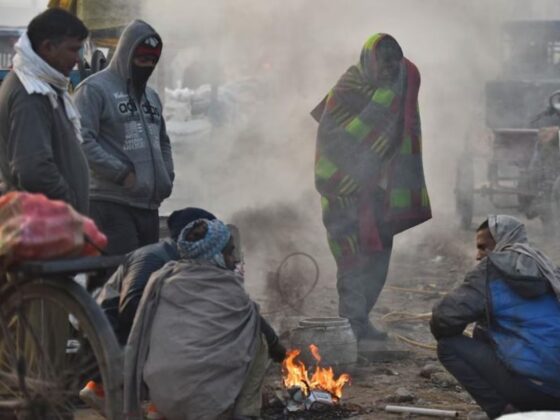By Saima Wazed, WHO Regional Director for South-East Asia
World Suicide Prevention Day (WSPD), marked each year on 10 September. Is organized by the International Association for Suicide Prevention (IASP) in conjunction with the World Health Organization (WHO). The purpose of this day is to raise awareness around the globe that suicide can be prevented.
The triennial theme for World Suicide Prevention Day for 2024-2026 is “Changing the Narrative on Suicide” with the call to action “Start the Conversation”. This theme aims to raise awareness about the importance of reducing stigma and encouraging open conversations to prevent suicides. Changing the narrative on suicide is about transforming how we perceive this complex issue and shifting from a culture of silence and stigma to one of openness, understanding, and support.
Suicide remains one of the leading causes of death. WHO knows no boundaries-affecting people of all ages, genders, and backgrounds. In our South-East Asia Region, suicide is a major public health concern with more than 200 000 deaths each year.
Stigma around mental health conditions and suicide means many people thinking about suicide do not seek help. Suicides and suicide attempts have a ripple effect that impacts on families, friends, colleagues, communities and societies.
Let us remember that suicide prevention is not solely about addressing crises but also about building strong. Supportive communities where people feel connected and valued. Small acts of kindness, open conversations, and a non-judgmental ear can profoundly impact someone’s life.
By breaking the stigma surrounding mental health and suicide, we create an environment where individuals feel safe to seek help. It is crucial to ensure that everyone knows they are not alone and that there are effective interventions and support systems available.
Family and friends can be the first to recognize the warning signs and can take the first step toward helping a loved one find mental health treatment. It is also important for family, friends and other social support structures to seek professional guidance in the aftermath of a loved one’s suicide attempt.
It is essential to take a holistic approach to public health. Which encompasses the overall mental health, well-being and quality of life for all. This is, in fact, the first pillar of our Regional Roadmap for Results and Resilience. Which emphasizes the importance of adopting a mental health, well-being, and quality-of-life lens across all public health endeavours. Including addressing the social determinants of health. Through this lens, we can develop more holistic approaches that promote overall well-being. And improve health and quality-of-life outcomes, for individuals and communities.
This holistic approach will lead to the development of more open and supportive societies, within which everyone should be able to ‘start the conversation’ without the worry of judgement or stigma.
Every effort counts, every conversation matters, and every life is worth living. Each of us can individually help start the conversation, and all of us together have to create a society where anyone can start the conversation.
Read Also – MoHFW Releases ‘Health Dynamics of India 2022-23: Infrastructure and Human Resources Report’
Let’s build a world where hope prevails and every individual feels supported.











